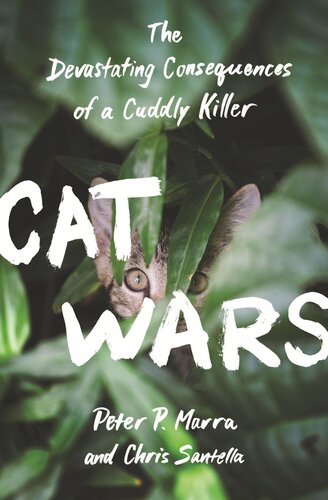

Most ebook files are in PDF format, so you can easily read them using various software such as Foxit Reader or directly on the Google Chrome browser.
Some ebook files are released by publishers in other formats such as .awz, .mobi, .epub, .fb2, etc. You may need to install specific software to read these formats on mobile/PC, such as Calibre.
Please read the tutorial at this link: https://ebookbell.com/faq
We offer FREE conversion to the popular formats you request; however, this may take some time. Therefore, right after payment, please email us, and we will try to provide the service as quickly as possible.
For some exceptional file formats or broken links (if any), please refrain from opening any disputes. Instead, email us first, and we will try to assist within a maximum of 6 hours.
EbookBell Team

0.0
0 reviewsIn 1894, a lighthouse keeper named David Lyall arrived on Stephens Island off New Zealand with a cat named Tibbles. In just over a year, the Stephens Island Wren, a rare bird endemic to the island, was rendered extinct. Mounting scientific evidence confirms what many conservationists have suspected for some time—that in the United States alone, free-ranging cats are killing birds and other animals by the billions. Equally alarming are the little-known but potentially devastating public health consequences of rabies and parasitic Toxoplasma passing from cats to humans at rising rates. Cat Wars tells the story of the threats free-ranging cats pose to biodiversity and public health throughout the world, and sheds new light on the controversies surrounding the management of the explosion of these cat populations.
This compelling book traces the historical and cultural ties between humans and cats from early domestication to the current boom in pet ownership, along the way accessibly explaining the science of extinction, population modeling, and feline diseases. It charts the developments that have led to our present impasse—from Stan Temple's breakthrough studies on cat predation in Wisconsin to cat-eradication programs underway in Australia today. It describes how a small but vocal minority of cat advocates has campaigned successfully for no action in much the same way that special interest groups have stymied attempts to curtail smoking and climate change.
Cat Wars paints a revealing picture of a complex global problem—and proposes solutions that foresee a time when wildlife and humans are no longer vulnerable to the impacts of free-ranging cats.